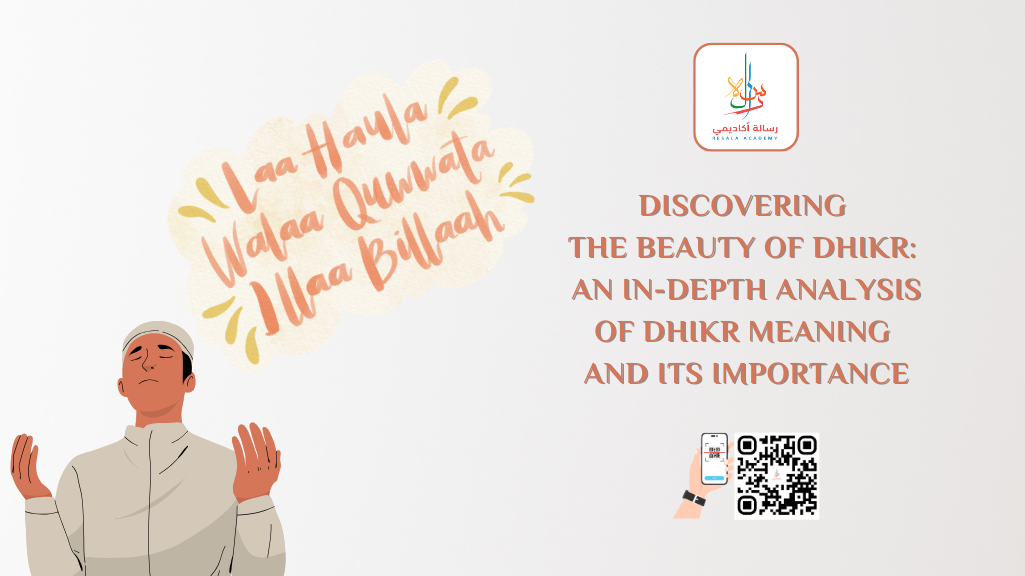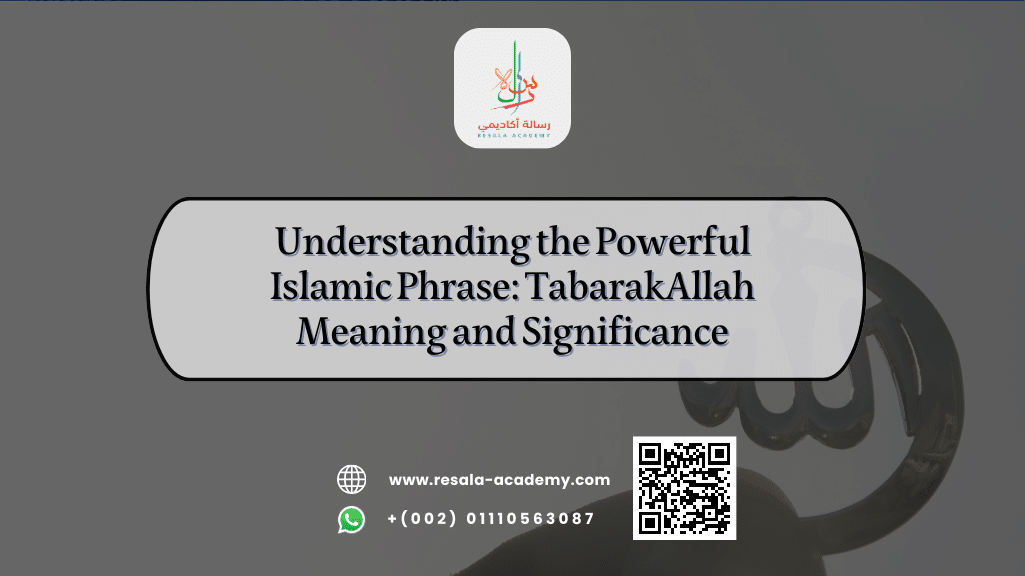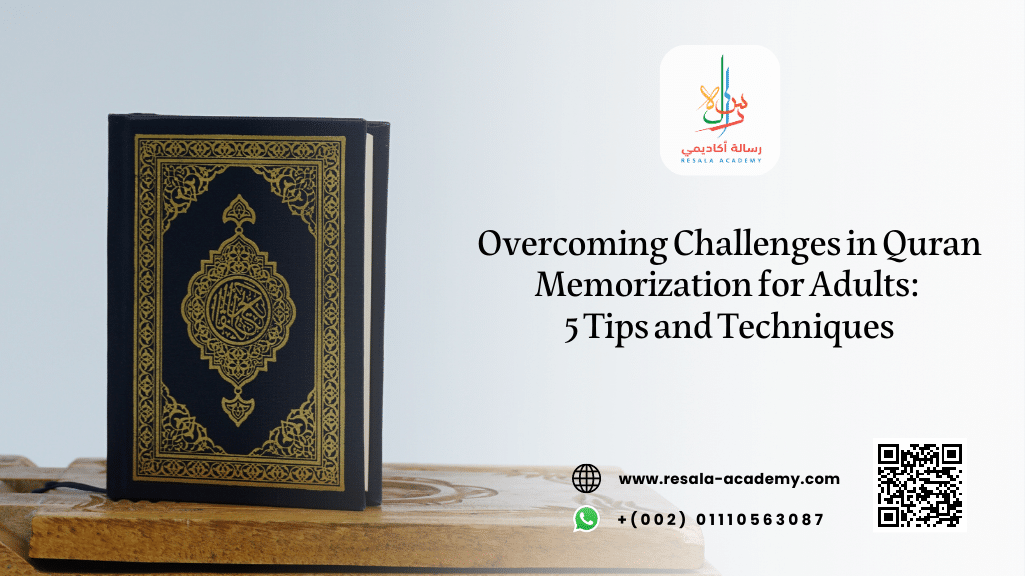Table of Contents
Discovering the Beauty of Dhikr: An In-depth Analysis of Dhikr Meaning and Its Importance
Welcome to our blog post, where we delve into the captivating world of Dhikr. Have you ever wondered about the meaning behind this beautiful Islamic practice? Or perhaps you’re curious about its origins and significance in Islamic spirituality? Look no further, as we take a deep dive into understanding Dhikr Meaning – what it means, why it holds immense importance, and how it can bring numerous benefits to your life.
Dhikr is not just a ritual; it is a powerful tool that connects us with the divine and cultivates inner peace. Whether you are well-versed in Islamic teachings or simply seeking spiritual enlightenment, this article will provide valuable insights into the essence of Dhikr. So let’s embark on this enlightening journey together as we uncover the beauty of Dhikr!
Dhikr Meaning and Origins
Dhikr, derived from the Arabic word “dhakara,” means remembrance or invoking the name of Allah. It is a fundamental practice in Islamic spirituality that involves repeating and reflecting upon specific phrases or names of God with utmost devotion and mindfulness. Dhikr serves as a means to establish a profound connection between individuals and their Creator.
The origins of Dhikr can be traced back to the time of Prophet Muhammad (peace be upon him) who emphasized its significance as a way to draw closer to Allah. Throughout his life, he engaged in various forms of Dhikr, encouraging his followers to do the same. The foundations for this spiritual practice are deeply rooted in Islamic teachings found within the Quran and Hadith.
Dhikr has been an integral part of Muslim worship since early times, offering believers solace, peace, and spiritual fulfillment. By engaging in Dhikr regularly, Muslims seek to purify their hearts from worldly distractions and focus on strengthening their relationship with Allah.
This ancient practice holds immense importance within Islamic spirituality as it acts as a constant reminder of God’s presence in every aspect of one’s life. Through repetitive recitation or silent contemplation, Muslims strive for self-awareness while acknowledging divine blessings and seeking forgiveness for any shortcomings.
Dhikr represents both an individual and communal act that serves as a vehicle for spiritual growth and inner transformation. Its origins lie firmly within Islamic tradition but continue to resonate strongly today among millions worldwide seeking solace amidst the chaos of modern life.
Dhikr in Islamic Spirituality
Dhikr, an essential aspect of Islamic spirituality, holds great significance for Muslims around the world. Derived from the Arabic word meaning “remembrance,” Dhikr refers to the act of remembering and repeating the names of Allah or reciting specific phrases.
In Islamic spirituality, Dhikr serves as a way to connect with Allah and seek spiritual enlightenment. It allows believers to focus their thoughts on Allah’s attributes and remember His presence in their lives. Through Dhikr, Muslims aim to achieve a state of inner peace and strengthen their relationship with Allah.
Engaging in regular Dhikr offers numerous benefits for individuals practicing Islam. It helps purify the heart of negative emotions such as anger, jealousy, and greed while promoting feelings of gratitude and contentment. Additionally, Dhikr aids in increasing mindfulness and awareness of one’s actions throughout daily life.
Moreover, Dhikr is believed to bring blessings into one’s life by seeking forgiveness for past sins and asking for guidance on the righteous path. It provides comfort during times of difficulty by reminding individuals that they are not alone but have a divine connection with Allah who is ever-present.
There are various ways to practice Dhikr depending on personal preference or cultural traditions within Muslim communities. Some common forms include reciting specific phrases such as “SubhanAllah” (Glory be to God), “Alhamdulillah” (Praise be to God), or “La ilaha illa’llah” (There is no god but Allah). Others may choose silent reflection or group gatherings known as dhikr circles where participants engage in collective remembrance.
In today’s modern world, people are finding innovative ways to incorporate Dhikrin into their daily routines while benefiting from its calming effects on mental well-being.
Practicing mindfulness through meditation apps can help create moments of reflection even amidst busy schedules.
With online resources like Resala Academy offering classes on Islamic studies, individuals can deepen their understanding of Dhikr and its significance in Islamic spirituality.
In conclusion, Dhikr is an integral part of Islamic spirituality that serves as a means of connecting with Allah and seeking inner peace and enlightenment. It offers numerous benefits for individuals practicing Islam and can be practiced in various forms according to personal preference. By regularly engaging in Dhikr, Muslims can strengthen their relationship with Allah and find solace in times of difficulty.
Importance and Benefits
Dhikr, the remembrance of Allah, holds immense importance in Islamic spirituality. This practice is not only a means of expressing gratitude and seeking forgiveness but also has numerous benefits for individuals on a physical, mental, and spiritual level.
1. Increased Mindfulness:
Dhikr helps individuals become more mindful by redirecting their thoughts towards the remembrance of Allah. This constant remembrance cultivates awareness in daily life activities and promotes a deeper connection with the Divine.
2. Spiritual Nourishment:
Engaging in dhikr regularly nourishes the soul and strengthens one’s relationship with Allah. It serves as a reminder that our ultimate purpose is to worship Him and bring solace to the heart during times of hardship or distress.
3. Stress Relief:
Dhikr acts as a form of meditation that calms the mind, reduces anxiety levels, and alleviates stress. The repetitive nature of certain phrases or names recited during dhikr induces relaxation responses within the body.
4. Protection from Negativity:
Regularly remembering Allah through dhikr creates an invisible shield against negative influences or temptations. It strengthens one’s faith and safeguards them from falling into harmful habits or actions.
5. Spiritual Growth:
As individuals engage in consistent dhikr practices, they experience personal growth – gaining increased knowledge about Islam, developing character virtues such as patience and gratitude, deepening their understanding of Quranic teachings, and experiencing inner peace.
Incorporating regular sessions of dhikr into your daily routine can bring about profound positive changes in various aspects of your life – be it mentally rejuvenating yourself after a long day or building resilience during challenging times!
Rituals and Practices
When it comes to dhikr, there are various rituals and practices that Muslims engage in to remember Allah. These acts of remembrance help strengthen the spiritual connection between individuals and their Creator. Let’s delve into some of these rituals and practices.
One of the most common forms of dhikr is reciting specific phrases or words known as “adhkar.” This adhkar can be recited silently or aloud, depending on personal preference. Some popular adhkar include saying “SubhanAllah” (Glory be to Allah), “Alhamdulillah” (Praise be to Allah), and “Allahu Akbar” (Allah is the Greatest). By repeatedly uttering these phrases, individuals focus their minds on the divine presence.
Another form of dhikr is engaging in silent contemplation or reflection upon Allah’s attributes and blessings. This practice involves reflecting on His mercy, wisdom, power, and all other qualities that inspire awe and gratitude within believers’ hearts.
Last but not least are daily acts such as performing Salah (prayer) regularly throughout the day at prescribed times. Each prayer involves specific postures like bowing down (ruku’), prostration(sujood) along recitation from Quranic verses that align an individual’s body movements with their spiritual intentions.
These various rituals and practices of dhikr help individuals maintain a constant state of mindfulness and remembrance of Allah. They serve as a reminder that every breath, action, and moment is a gift from Allah and should be used to draw closer to Him.
Modern Interpretations and Applications
In today’s fast-paced world, the practice of dhikr has taken on new meanings and applications. With advancements in technology and accessibility to information, individuals are finding innovative ways to incorporate this spiritual practice into their daily lives.
1. Mindfulness and Meditation:
Dhikr is often compared to mindfulness or meditation practices found in various cultures. It involves focusing one’s mind on the remembrance of Allah through repetitive phrases or recitation of His name. By doing so, individuals can achieve a state of inner peace, calmness, and self-awareness.
2. Stress Reduction:
In our modern society filled with stressors, dhikr acts as a powerful tool for stress reduction. The rhythmic repetition of words or phrases helps to shift focus away from negative thoughts or worries and instead cultivates a sense of tranquility within oneself.
3. Connection in the Digital Age:
Social media platforms have become an unexpected avenue for modern interpretations of dhikr. Many Muslims share inspiring verses from the Quran or short prayers online as a way to connect with others who share their faith and provide encouragement in times of need.
4. Integrating Technology:
Mobile apps have also emerged that offer guided dhikr sessions where users can choose specific verses or phrases to recite along with soothing background sounds. These apps make it easier for individuals to engage in regular dhikr practices even amidst busy schedules.
5. Creative Expressions:
Dhikr has inspired artists around the world who use various mediums such as calligraphy, music, poetry, painting, and dance to express their devotion to Allah. These creative expressions not only deepen their connection but also serve as a means for others to appreciate the beauty of Islamic spirituality.
As Islam continues its growth globally, these modern interpretations and applications ensure that the essence and significance of dhikr remain relevant in today’s ever-evolving world.
Resala Academy Offers Online Islamic Studies Classes
Are you interested in deepening your knowledge of Islamic spirituality and teachings? Look no further than Resala Academy, a leading institution that offers comprehensive online Islamic studies classes. With a team of knowledgeable scholars and experienced educators, Resala Academy is dedicated to providing high-quality education accessible to individuals worldwide.
At Resala Academy, we understand the importance of flexibility in today’s fast-paced world. That’s why our online classes allow you to study at your own pace and from the comfort of your home. Whether you’re a beginner or an advanced learner, our courses cater to different levels of expertise and ensure that every student gets personalized attention.
Our curriculum covers various aspects of Islamic studies, including Quranic recitation and interpretation, Hadith studies, fiqh (Islamic jurisprudence), seerah (biography) of Prophet Muhammad (peace be upon him), as well as other important subjects like Arabic language learning for non-native speakers.
We believe in fostering a supportive learning environment where students can engage in meaningful discussions and ask questions freely. Our interactive virtual classrooms enable students to connect with fellow learners from diverse backgrounds around the globe. This not only enhances their understanding but also promotes cultural exchange and mutual respect.
Joining Resala Academy means embarking on a transformative educational journey guided by qualified instructors who are passionate about sharing their knowledge with others. By enrolling in our online Islamic studies classes, you’ll gain valuable insights into Islam’s rich history, principles, rituals, ethics, and more – all while strengthening your connection with Allah (SWT).
Expand your horizons through Resala Academy’s online Islamic studies classes! Visit our website today to explore our course offerings and take the first step towards enriching your spiritual growth.
FAQs
1. What is the purpose of Dhikr?
Dhikr serves as a means of remembering and praising Allah in Islamic spirituality. It allows individuals to deepen their connection with the Divine and seek spiritual enlightenment.
2. How is Dhikr performed?
Dhikr can be practiced in various forms, including reciting specific phrases or verses from the Quran, such as “Subhanallah” (Glory be to Allah) or “Alhamdulillah” (Praise be to Allah), silently or aloud. Some also use prayer beads, known as tasbih or misbaha, to count their repetitions.
3. What are the benefits of regularly engaging in Dhikr?
Engaging in regular Dhikr offers numerous benefits for individuals on a spiritual level. It helps purify the heart and mind, increases mindfulness of Allah throughout daily life, grants inner peace and tranquility, strengthens faith and devotion, and serves as a source of solace during difficult times.
4. Can anyone engage in Dhikr?
Yes! Dhikr is open to all Muslims regardless of age or gender. It is not limited by location either; one can practice it at home, work, or even while commuting.
5. Is there a specific time for performing Dhikr?
While there isn’t a fixed time for performing dhikr, it is encouraged to incorporate it into daily routines whenever possible – after prayers or before sleeping are popular times for many Muslims.
Conclusion
In this article, we have delved into the beauty of Dhikr and explored its meaning, origins, and significance in Islamic spirituality. We have seen how Dhikr serves as a powerful tool for connecting with the Divine and attaining spiritual nourishment.
Dhikr holds immense importance in the lives of Muslims around the world. Through regular practice of Dhikr, individuals can experience numerous benefits such as increased mindfulness, inner peace, and a deeper connection with Allah. The repetitive remembrance of Allah’s name helps to purify the heart and cultivate a sense of gratitude and humility.
Various rituals and practices are associated with Dhikr, including reciting specific phrases or supplications, using prayer beads (tasbih), or simply engaging in silent contemplation.
In modern times, there has been an increasing interest in exploring different interpretations and applications of Dhikr. Some individuals integrate it into their daily routines as a means to reduce stress or enhance focus during work or study. Others see it as a form of self-care that promotes mental well-being.
For those interested in deepening their knowledge about Islamic spirituality and learning more about practices like Dhikr, Resala Academy offers online Islamic studies classes. These classes provide comprehensive guidance on various aspects of Islam through qualified instructors who bring years of experience to the virtual classroom.
To conclude, Dhikr is not just an act but an invitation to immerse oneself in the beautiful realms of divine remembrance. It is through this practice that one can find solace amidst life’s challenges while nurturing their connection with Allah. So let us embrace this profound form of devotion wholeheartedly for it holds within it boundless blessings and transformative power.




